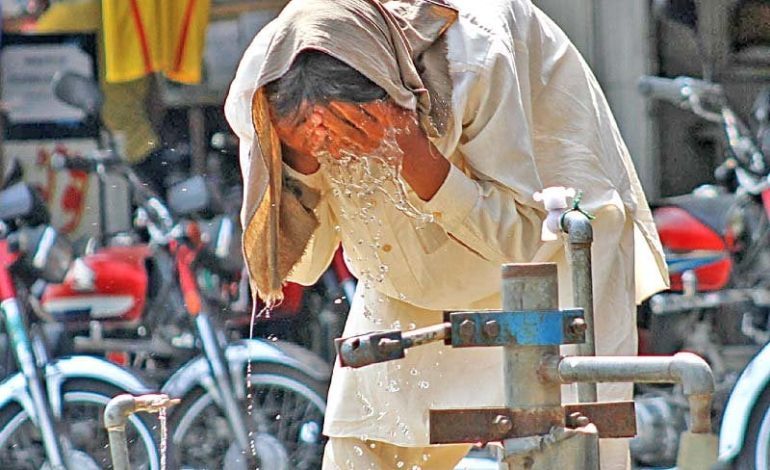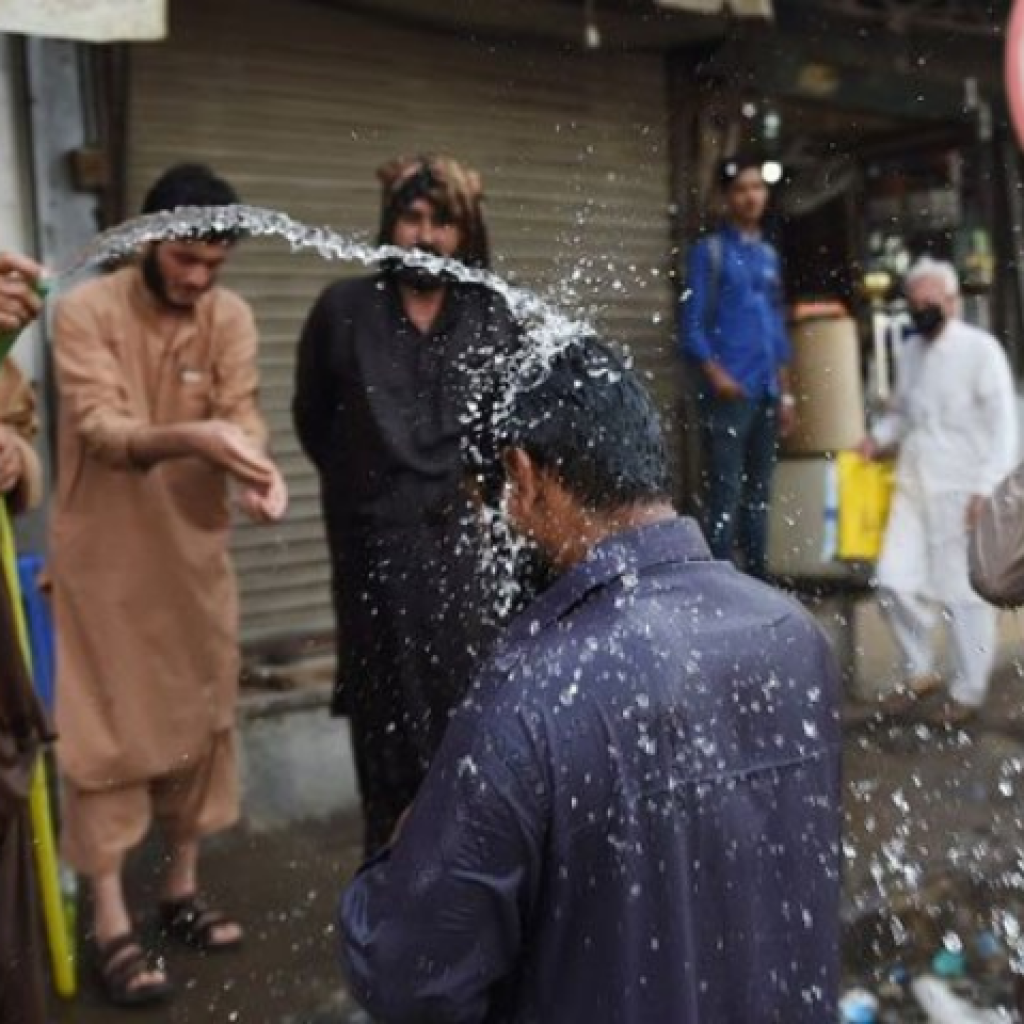
Lahore and Karachi Battle Intense Heatwave as Air Quality Index Reaches Hazardous Levels
City Struggles Under Scorching Temperatures
The mercury continues to soar across major Pakistani cities, with Lahore and Karachi bearing the brunt of an unrelenting heatwave. Lahore recorded a current temperature of 29°C (84°F), while forecasts predict temperatures fluctuating between 21°C (70°F) and 37°C (99°F) in the coming days. According to the Pakistan Meteorological Department (PMD), no rainfall is expected in the next 24 hours, exacerbating the sweltering conditions.
Lahore’s Air Quality Crisis Worsens
Lahore’s environmental woes have deepened as its Air Quality Index (AQI) surged to 165, ranking it as the second most polluted city globally. The hazardous air, compounded by the heatwave, has prompted authorities to advise residents to limit outdoor activities, stay hydrated, and use protective gear like masks. Vulnerable groups, including children and the elderly, are urged to exercise extreme caution.
Karachi Feels Like 47°C Amid Relentless Heat
Karachi remains in the grip of a severe heatwave, expected to persist until April 23. While the city’s official temperature peaked at 39°C (102°F), the perceived “feels-like” temperature reached a staggering 47°C (117°F), causing widespread discomfort. Jacobabad, however, claimed the title of Pakistan’s hottest city, registering 43°C (109°F) in the past 24 hours.

Regional Weather Variations
In contrast, parts of Khyber Pakhtunkhwa, Kashmir, and Gilgit-Baltistan may experience temporary relief with forecasts of rain, thunderstorms, and gusty winds. Despite this, most regions nationwide are expected to endure dry, hot conditions.
Precautionary Measures Advised
The PMD has issued guidelines to mitigate heat-related risks:
- Avoid direct sunlight between 11 AM and 4 PM.
- Increase water intake to prevent dehydration.
- Wear lightweight, breathable clothing.
- Monitor children and elderly family members for heat exhaustion symptoms.






